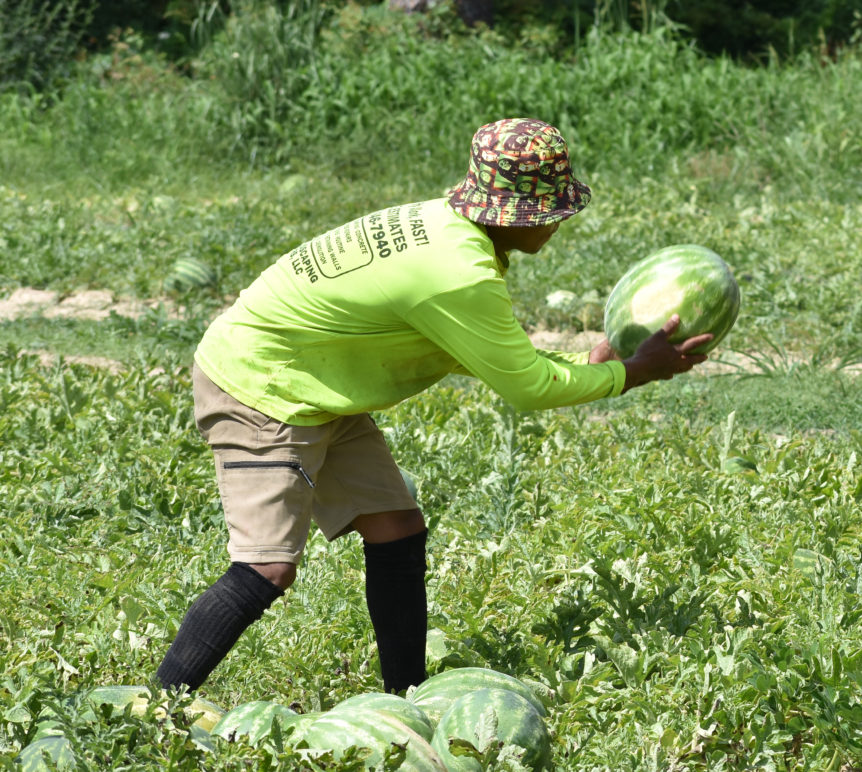
By Clint Thompson
President-elect Donald Trump’s plan to deport illegal immigrants will have ramifications for the country’s specialty crop producers.
The fruit and vegetable sector utilizes more labor than most and is more reliant on an international work force. If Trump follows through on one of his campaign promises, it would mean fewer workers for Ag employers across the country, says Michael Marsh, president and chief executive officer of the National Council of Agricultural Employers.
“When we look at the numbers, it’s pretty frightening. I’ve heard from folks in New York, California, Michigan, Texas, different parts of the country that are very concerned they’re going to lose workers that have been in place for 20 or 30 years,” Marsh said.
Statistically Speaking
Marsh said there were 2.2 million hired ag workers in the U.S., according to the Census of Agriculture in 2022. About 300,000 were H-2A workers. Marsh estimates about a million workers that would be classified in an unauthorized status. If they were to be deported, it would leave a significant gap in available workers and cause further delays in the H-2A hiring process.
“We know that given the staffing (situation) at the Department of Labor; they’re straining to go ahead and handle the 300,000 visas that are issued on an annual basis. If we have to bump that up and pick up another million, there’s just almost no way the system could handle it,” Marsh said.
“As a consequence of that, more H-2A employers would have more and more delays in getting their workers here on time. It would continue to push more and more of our food production to our foreign competition like Mexico and Canada, leaving those legacy farming operations that we have here in the United States even more in jeopardy of being able to pass along that legacy family farming operation to the next generation.”










